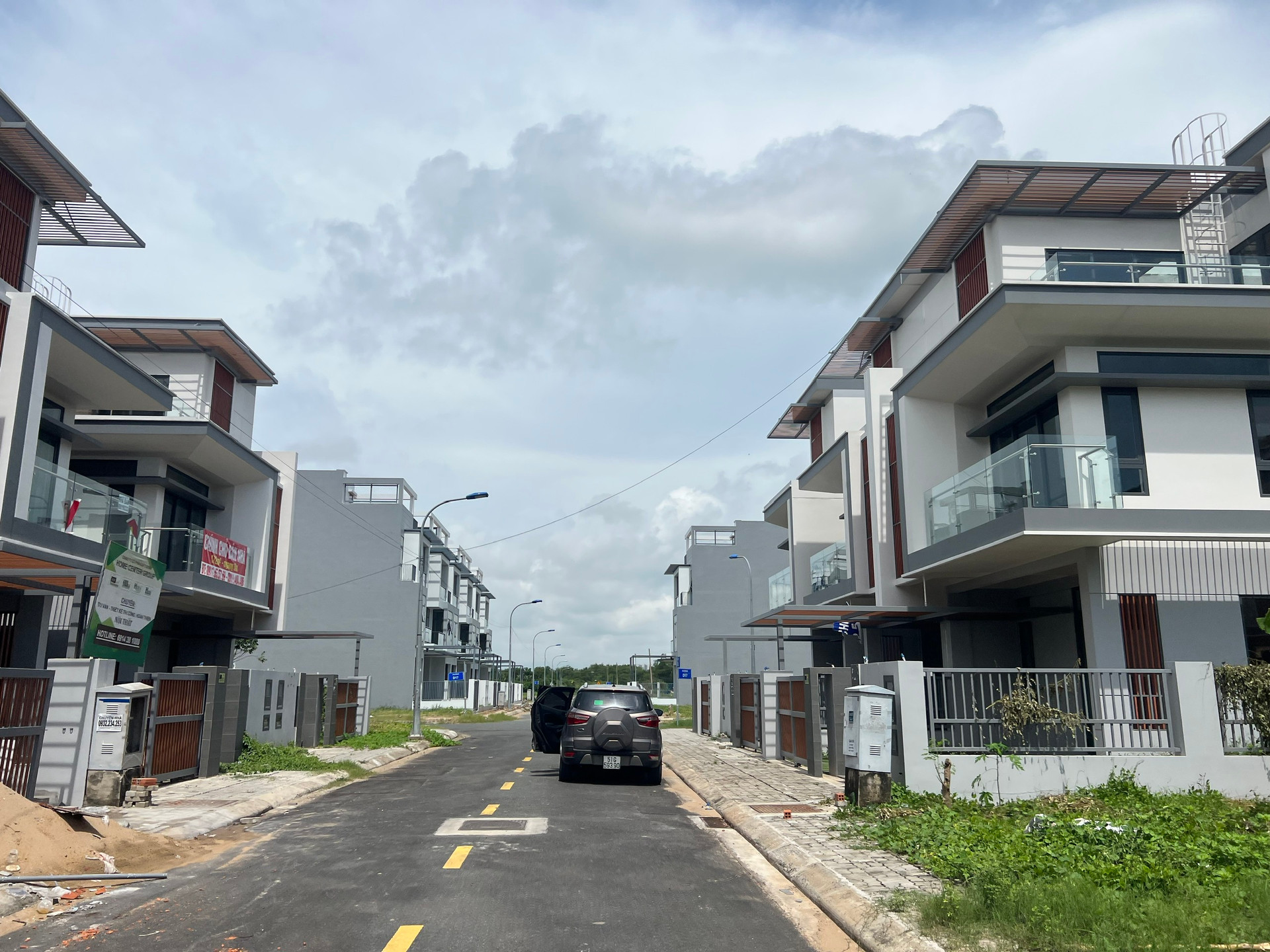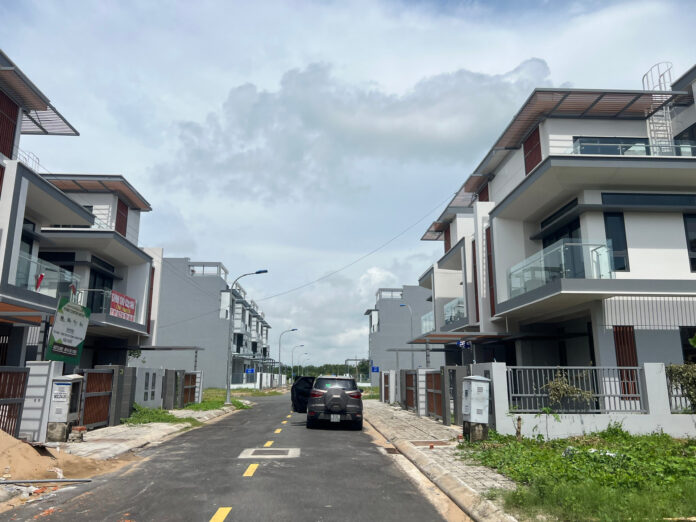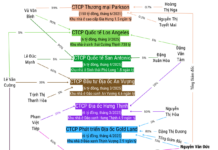The Ho Chi Minh City Tax Department is currently processing tax documents submitted before August 1, but there is a backlog for submissions after that date. They have requested the Ho Chi Minh City People’s Committee to provide guidance on tax calculations for these recent submissions.
This initiative aims to ensure the timely and uniform processing of land-related financial obligations, adhering to the 2024 Land Law and Government Decree No. 103, which took effect on August 1, 2024. These regulations outline provisions regarding land use fees and land rental rates.
According to Clause 1, Article 257 of the 2024 Land Law, and Clause 2, Article 1 of Law No. 43, Decision No. 02 issued by the Ho Chi Minh City People’s Committee, which sets out the land price framework for the 2020-2024 period in the city, will remain valid until December 31, 2025.
However, applying Decision No. 02 to cases involving land prices as per the land price framework stipulated in Clause 1, Article 159 of the 2024 Land Law will lead to challenges and complications in resolving tax-related documents.
Specifically, in terms of calculating land use fees and land rental rates, the 2024 Land Law mandates the use of land prices from the land price framework when determining these fees for households and individuals, regardless of whether the land area is within or exceeds the allocated residential land limit.

Photo: Tieu Bao
Previously, the 2013 Land Law only applied land prices from the land price framework when recognizing residential land use rights for households and individuals within the allocated land limit. It also allowed for the conversion of agricultural land and non-residential land to residential land within this limit.
For areas exceeding the limit, a specific land price was applied using the land price adjustment coefficient method (2020-2024 land price framework price multiplied by the 2024 land price adjustment coefficient).
The 2024 Land Law stipulates the use of land prices from the land price framework when calculating annual land rental rates and land use fees for cases where land is allocated without a land use rights auction for households and individuals.
In contrast, the 2013 Land Law applied specific land prices using the land price adjustment coefficient method (2020-2024 land price framework price multiplied by the 2024 land price adjustment coefficient).
Regarding personal income tax on real estate transfers, current regulations state that taxable income from real estate transfers is determined by the transfer price for each transaction. If the transaction involves the transfer of land use rights, the taxable income is calculated based on the land price in the land price framework.
Previously, taxable income for personal income tax calculation on land use rights transfers was not allowed to be lower than the land price in the land price framework issued by the Ho Chi Minh City People’s Committee. Additionally, the scope of adjustment stipulated in Clause 2, Article 1 of Decision No. 02 of 2020 did not apply to personal income tax calculations on real estate transfers.
Due to these complexities, the Ho Chi Minh City Tax Department is still processing documents with tax calculations based on the policies and land prices according to the 2013 Land Law (for cases involving land allocation and land use conversion with decisions issued before August 1, 2024).
Meanwhile, they await guidance and directives on applying legal documents (land price framework, land price adjustment coefficient, percentage for calculating land rental rates, etc.) so that tax authorities can promptly determine land-related financial obligations for documents arising from August 1, 2024, until the decision takes effect.
















